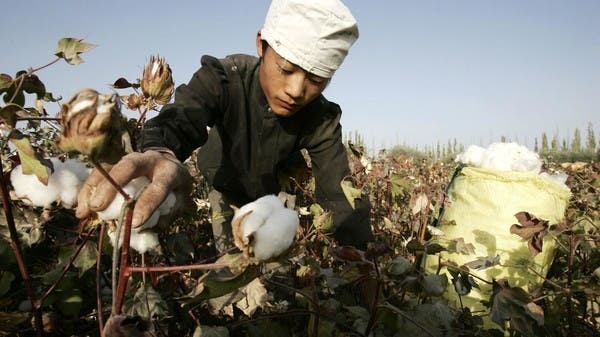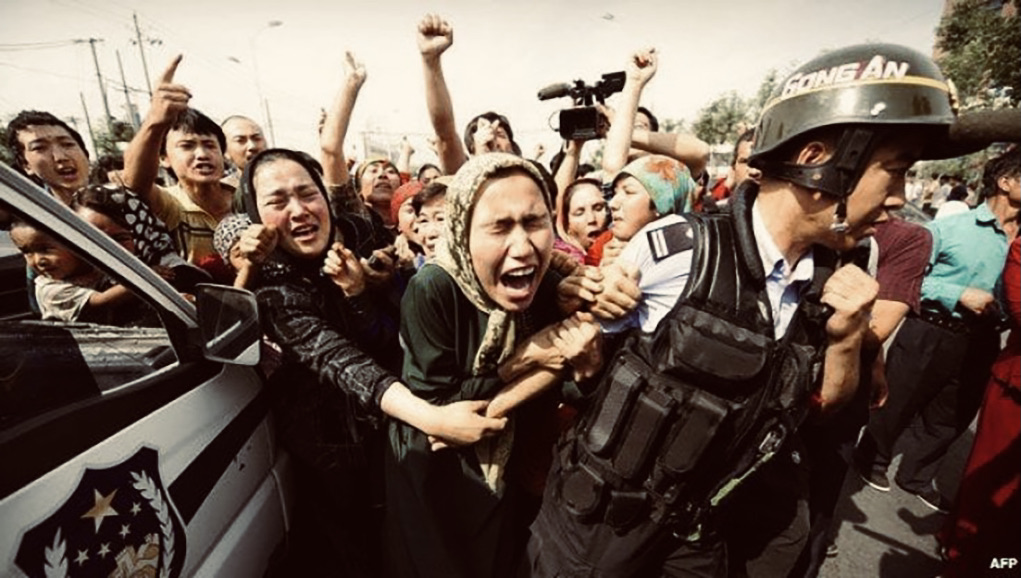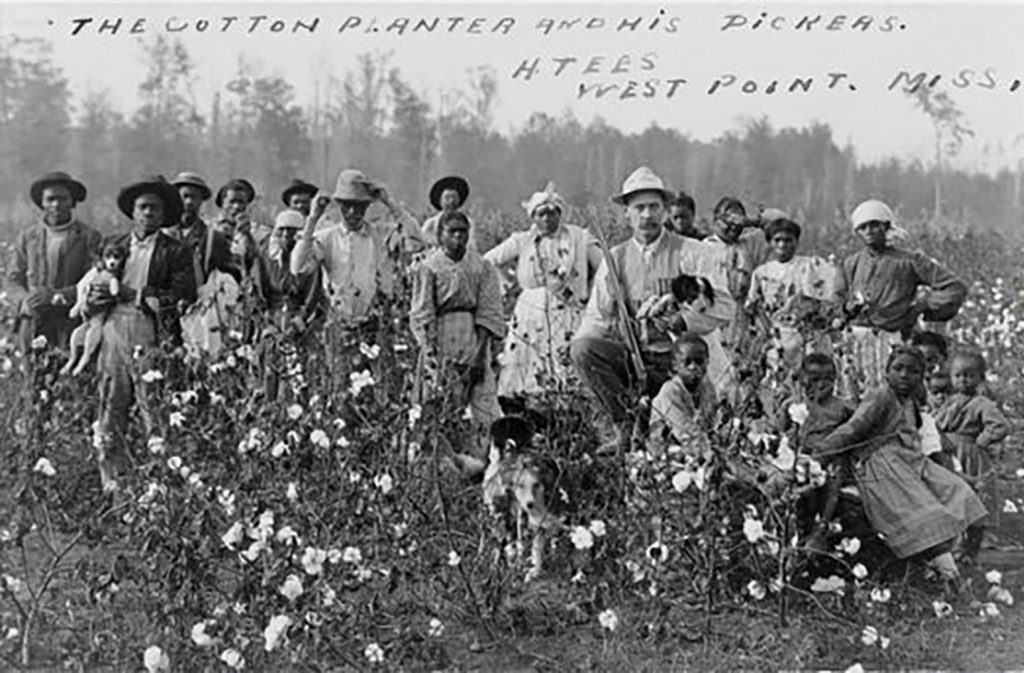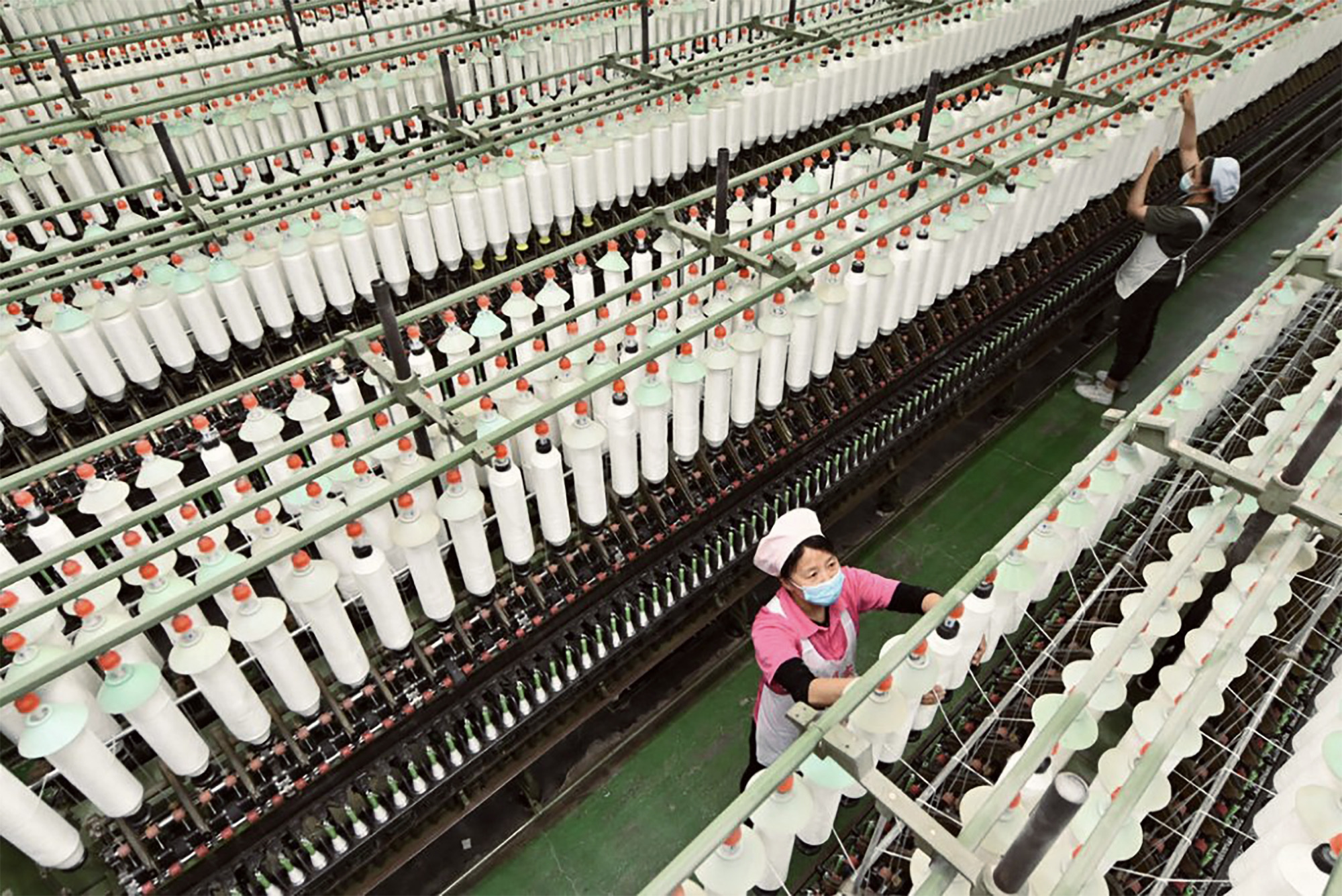The news that some fashion giants, such as H&M, Nike, Adidas, Tommy Hilfiger, Converse, Burberry and New Balance, have suspended the use of Chinese cotton, coming from the Xinjiang region, has had worldwide impact.
On 21 October 2020, the Better Cotton Initiative, a US association that aims to “make cotton production sustainable in 26 countries around the world”, announced that it had stopped its activities in China, in the Xinjiang region. Shortly before, Worldwide Responsible Accredited Production, a US organization whose goal is to promote safe, humane and ethical production around the world, had done the same.

On January 13, 2021, the United States vetoed imports of Chinese cotton, claiming that they were the product of forced labor by the Muslim community of Chinese Uyghurs, held in “re-education” camps. Other countries, including those of the European Union, joined the veto shortly after.
Who are the Uighurs and what happens in Xinjiang
The Uighurs are a Turkic and Muslim ethnic minority living in the northwestern province of Xinjiang, China.
Amnesty International denounced, through a report, that Uyghurs, Kazakhs and other Muslim ethnic minorities suffer mass imprisonment, torture and persecution by China. These are configured as crimes against humanity.
Throughout Xinjiang, Chinese authorities have implemented sophisticated surveillance systems and built hundreds of centers for “transformation through education”. These centers are real internment camps. “In Xinjiang, the Chinese authorities have created a dystopian hell of gigantic dimensions – said Agnès Callamard, general secretary of Amnesty International – Uighurs, Kazakhs and other Muslim minorities suffer crimes against humanity and other serious violations of rights humans who threaten to raze their cultural and religious identities ”.
Since 2014, the People’s Republic of China has pursued a policy that has resulted in over one million Muslims being detained in re-education camps. Out of about 11 million Uyghurs in China, 1-3 million are detained in state re-education camps. Among the policies in force: repression of Uyghur religious and cultural practices, political indoctrination, mistreatment and violations of human rights, including forced sterilization and contraception.

USA vs. China: bans and consequences of the ban on Chinese cotton imports
According to an estimate, half a million Uyghurs and other Muslim minorities are forced to work in the vast cotton fields of the Xinjiang region, from which one fifth of the world’s cotton is derived – 5.16 million tons produced in 2020 alone.
The Trump administration has banned imports of Chinese cotton, unless importers can prove they are not producing through forced labor. The Biden administration has also pursued this policy, calling the situation of the Uighurs a “cultural genocide”.
On March 24, 2021, major Chinese e-commerce platforms, such as Tmall, Taobao, JD.com, and Pinduoduo, shut down H&M. In the following days Nike, adidas and Burberry lost numerous Chinese brand ambassadors and influencers, including Wang Yibo, Huang Xuan and Victoria Song, who terminated their contracts and ended their collaborations. The video game Honor of Kings has also canceled its collaboration with Burberry.
Inditex and Hugo Boss did not adhere to the cotton veto, citing the high quality of Chinese cotton as a reason. The Japanese Mizuno and World, on the other hand, have decided to stop using Xinjiang cotton. Among the Western companies that have joined this ban also Uniqlo, Converse, Tommy Hilfiger and Calvin Klein.
The defense of China
Chinese state media CGTN shared several videos on Weibo claiming to show the reality of cotton harvesting in Xinjiang. The videos include testimonies from Uyghur farmers who claim that people “fight” to work there given the high earnings.
The European Union and the United States have imposed sanctions on several Chinese officials. Beijing has always reacted by asking for a confrontation and denying the mistreatment of the Uyghur minority. Actions in Xinjiang, according to the Chinese government, are being undertaken to combat terrorism. The paucity of independent relationships in Xinjiang makes it difficult to gauge the extent of the terrorist and militant attacks there, but there is no doubt that the region has suffered multiple deadly assaults on civilian, military and government targets over the past decade.
Chinese Foreign Ministry spokeswoman Hua Chunying compared Uyghur cotton pickers in Xinjiang to plantation workers in the southern United States, accusing the North American country of hypocrisy. Hua placed a photo of Mississippi cotton farmers next to an image of three smiling Uyghur workers as they harvest cotton.

Chunying reiterated in a press briefing in May 2021 that the Xinjiang forced labor charge is a lie. According to Chunying, those in the West who advertise the issue to harm Chinese companies are doing it to ruin Xinjiang and China.
Additionally, in June 2021, the China Cotton Association (CCA) launched a sustainable development program called Cotton China. The goal is to build an independent sustainable standard and certification system to counter the domination of the West. So far, standards for managing cotton production have been formulated and contracts signed with various producers.
The future of Chinese cotton
Luxury industry depends on China, its market and the purchasing power of its inhabitants: at the same time, however, the ethics of its practices has become an important selling point for fashion brands.
The rich Chinese market has ostracized, through social campaigns and political actions, all the brands that have raised uncomfortable questions about the nature of “re-education camps”. Conversely, brands that proudly promote the use of Xinjiang cotton are enjoying more sales and success.
If Xinjiang cotton cannot be removed from the supply chain, apparel companies using it will be subject to enforcement actions under various import bans and accused of complicity in Uyghur repression. However, abandoning Xinjiang cotton will cause problems: Chinese consumers view this issue as a Western conspiracy to undermine China’s development.
While shifting production from factories in China to factories in countries like Vietnam, Cambodia and Bangladesh, Xinjiang cotton does not disappear: according to data from the Washington International Trade Association’s International Cotton Advisory Committee, China exports raw cotton to 14 countries between which Vietnam, Thailand, India, Pakistan and Bangladesh and exports to 190 countries yarns. Clothing made from Xinjiang cotton is everywhere.
The possibilities for the West
Protect your sales in North America and Europe or keep the market in China? Balancing the two will be increasingly difficult. Wanting to avoid economic damage, the big names in fashion could keep away from the issue or expose themselves and denounce the situation by making a common front. At that point it would be difficult to obscure them all or hinder their business in China. However, there would remain the problem of public opinion in the country, which accuses the brands of having offended the country.
Establishing where the truth is is currently complex. Neither the United States nor China have provided concrete evidence of the existence or otherwise of correctional camps for Uyghurs. Even the videos released by China do not actually show the actual working conditions of the farmers.





